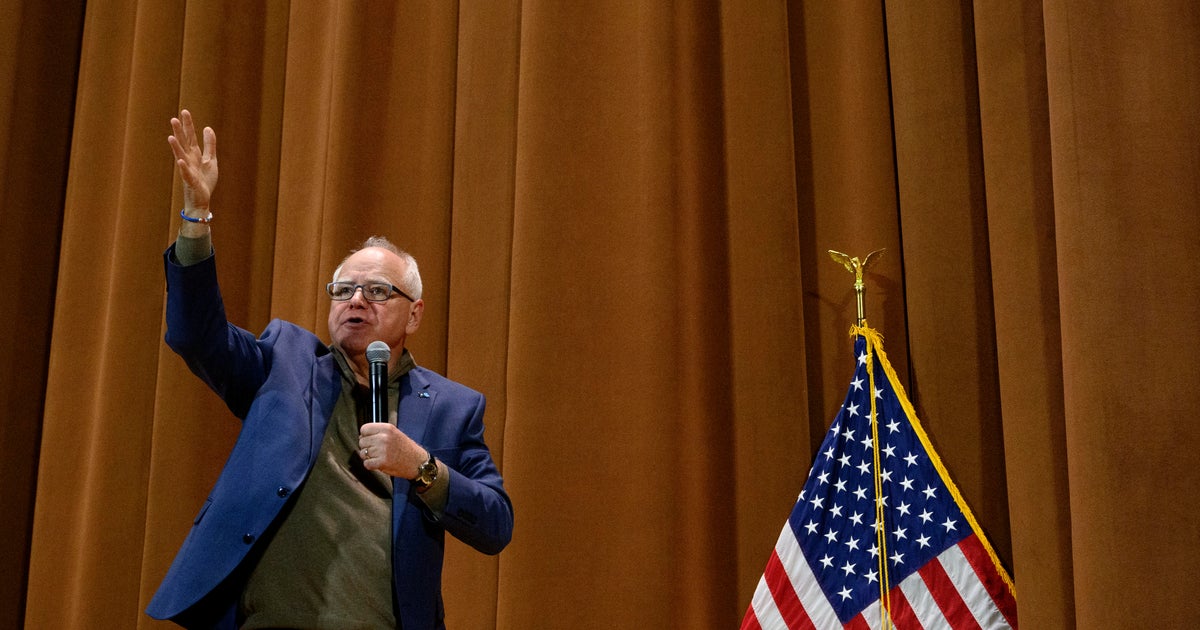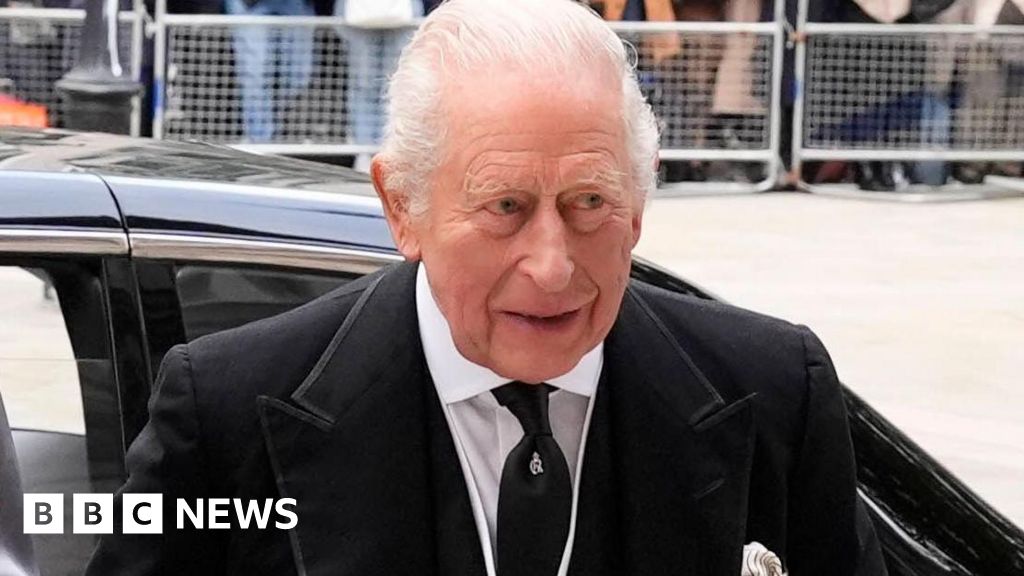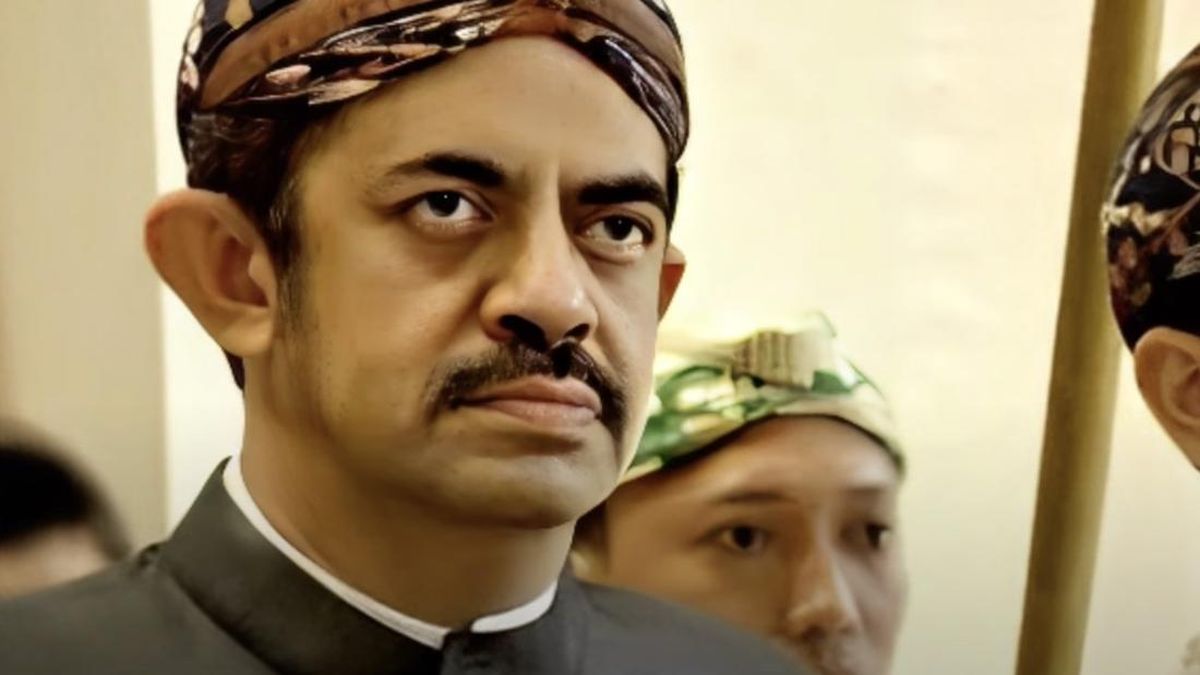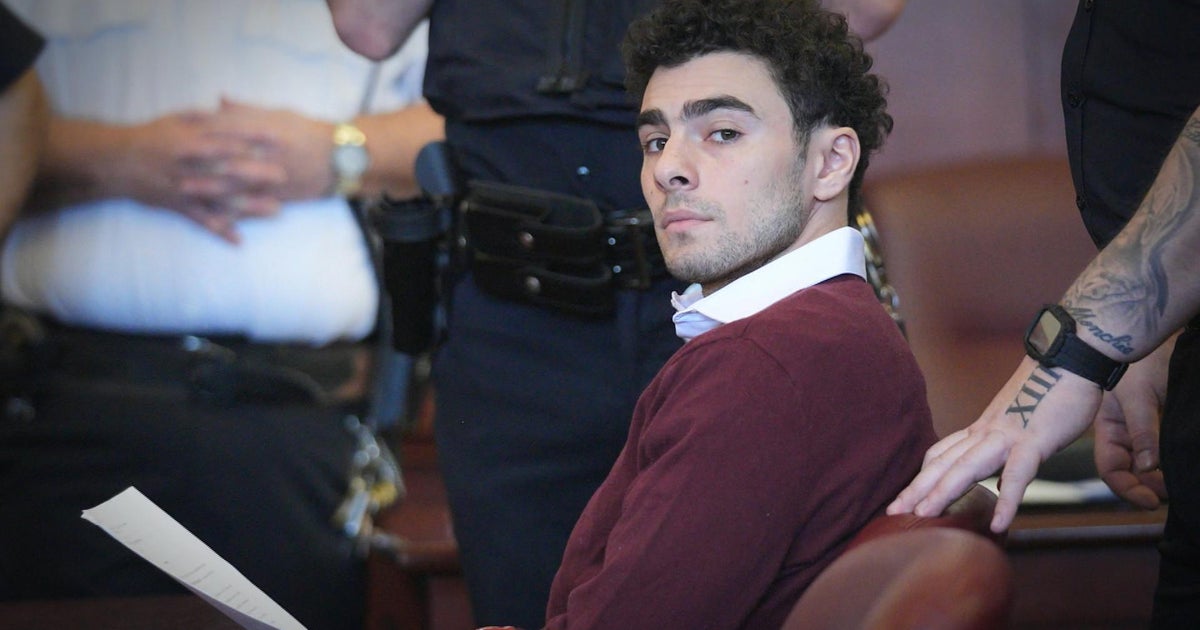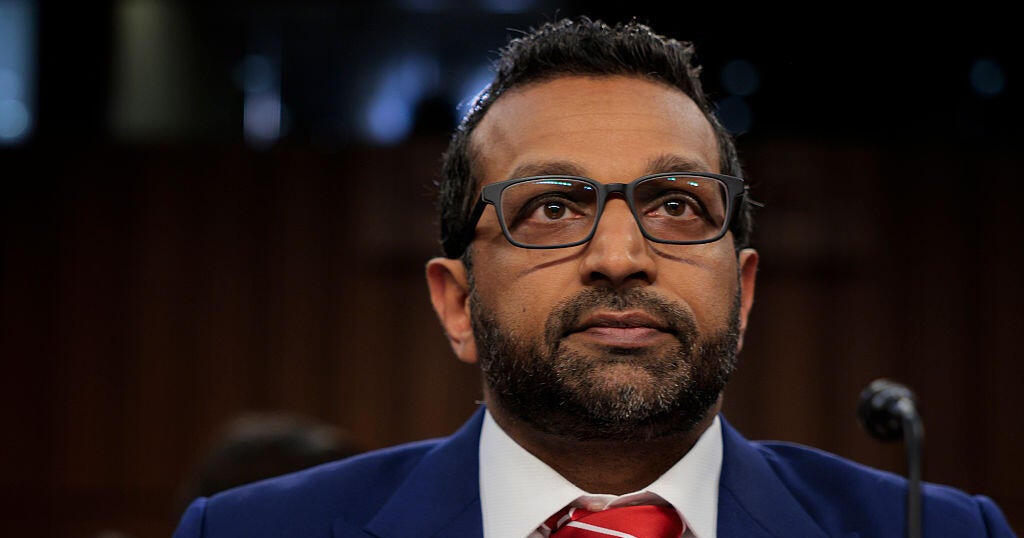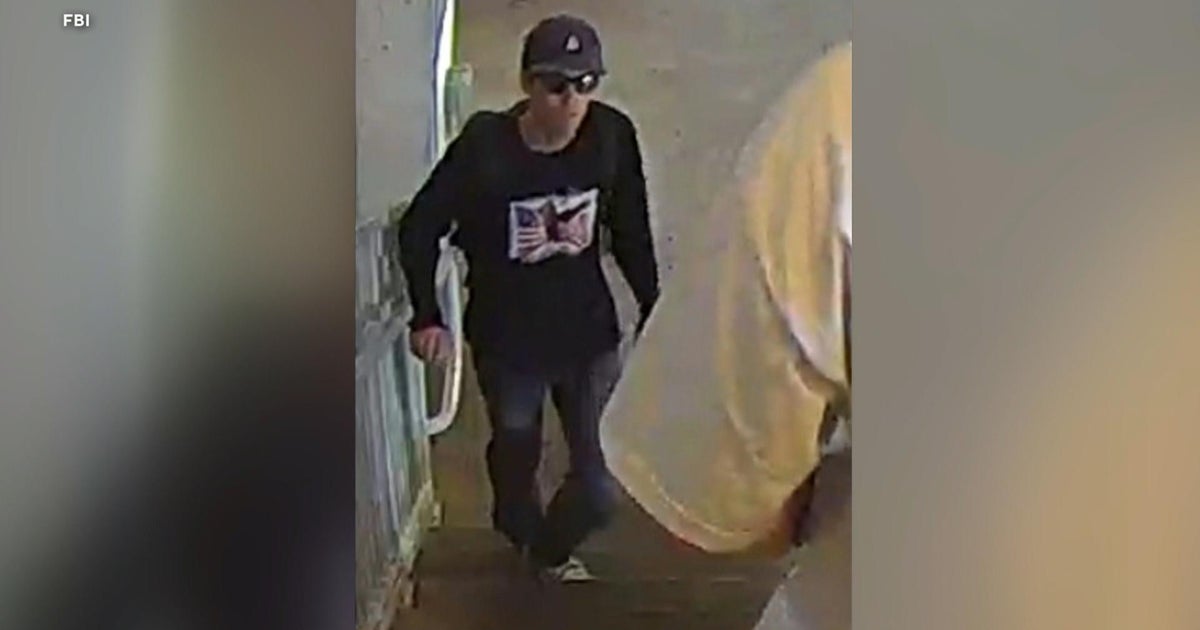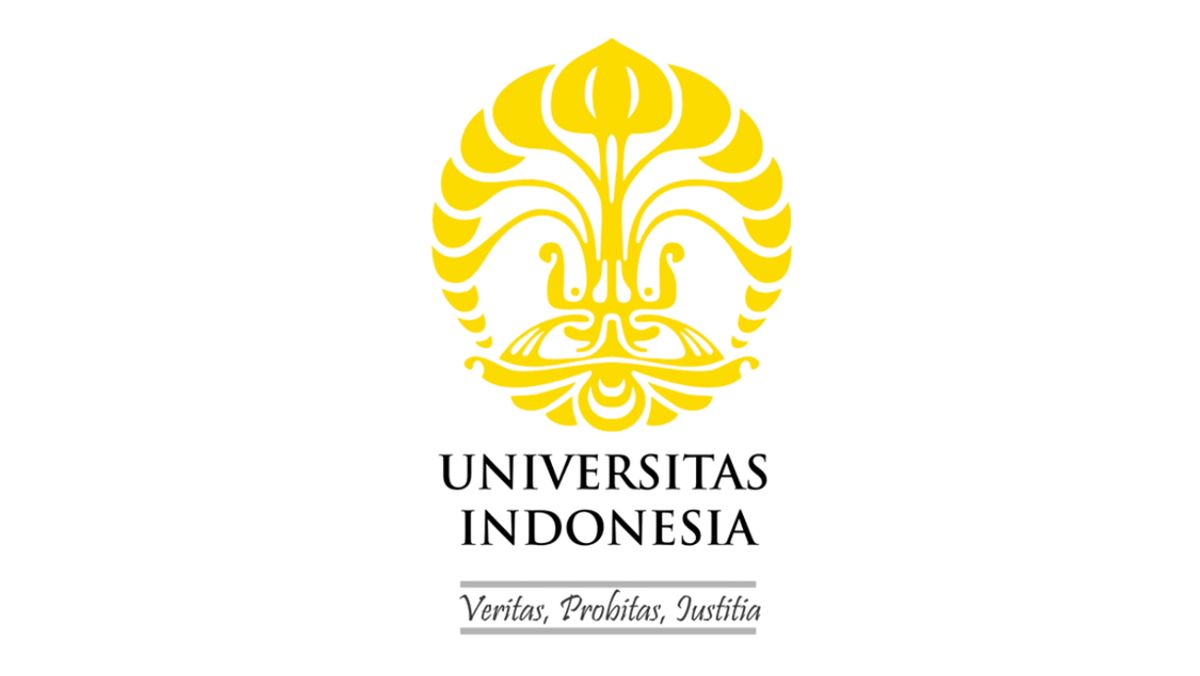In the maelstrom of grief, there’s a glimpse through the windows to another place
Opinion
September 7, 2025 — 5.30am
September 7, 2025 — 5.30am
Soon after my wife died last year, I had a vision of her so vivid I couldn’t help but wonder if she was in the bardo – the state between life and death, according to Buddhism. Sigmund Freud regarded such hallucinations as wishful psychoses, images that arise from the profound difficulty accepting that a loved one is gone. The vulnerability of grief makes us ripe for delusion.
But what if he had it back to front? What if it is precisely at these times, when the ego is fragile, that we experience a different state of consciousness that is closer to reality?

Sigmund Freud: what would he know about the supernatural?Credit: SIGMUND FREUD MUSEUM
For sometimes, my head works harder to deny the unlikely than to deny the rational, when the evidence seems to point more to something mysterious than to a logical explanation.
Let me give you a couple of personal examples. When my brother died 20 years ago, we selected two pieces of music for his service: George Winston’s Thanksgiving and Dido’s Lament from Henry Purcell’s Dido and Aeneas.
Soon after his funeral, a kind flatmate invited me to see a friend of hers play the piano. He usually performed his own material, but this night he said he’d like to open with a piece he liked and began playing Thanksgiving. I turned to my friend and smiled. “You requested this?” She had no idea what I was talking about. Spooky.
Loading
Shortly after, another friend invited me to a night of classical music: The Best of British. I looked at the program as I sat down, and this time I began shaking. There were only four pieces to be performed, one being Dido’s aria. My friend quickly made the connection. “This is about your brother?” I said she didn’t know the half of it. Doubly spooky.
Coincidence? I suppose both pieces are popular and might be expected to be played at funerals. But the first two live events I attended after my brother’s! It seemed crazier to rationalise it than to accept something more mysterious.
Eight years later, my father died. It was sudden, and I was unprepared to give a eulogy. The night before his service, I asked a friend for advice on what I might say. He suggested I might speak about what my father had taught me. I immediately thought of Rudyard Kipling’s poem, If, and that it might be all I could muster up to read it.
Loading
The next morning, I opened the newspaper. The cartoon that day, for reasons I can’t remember, featured the entire Kipling poem in handwritten scrawl. I just stared at it, wondering if I was in a dream state. It sealed the deal, anyway, and I read the poem. Two family deaths, two coincidences? I’m just not so sure any more.
Unlike Freud, other psychologists such as Carl Jung and Arthur Koestler thought that the paranormal was a worthy subject of scientific study, but findings haven’t been supportive. Maybe that’s the problem: that such things aren’t visible to the scientific eye. That only in some other mode, do we occasionally glimpse through the windows to another place.
Richard Castles is a writer based in Melbourne.
The Opinion newsletter is a weekly wrap of views that will challenge, champion and inform your own. Sign up here.
Most Viewed in Lifestyle
Loading


